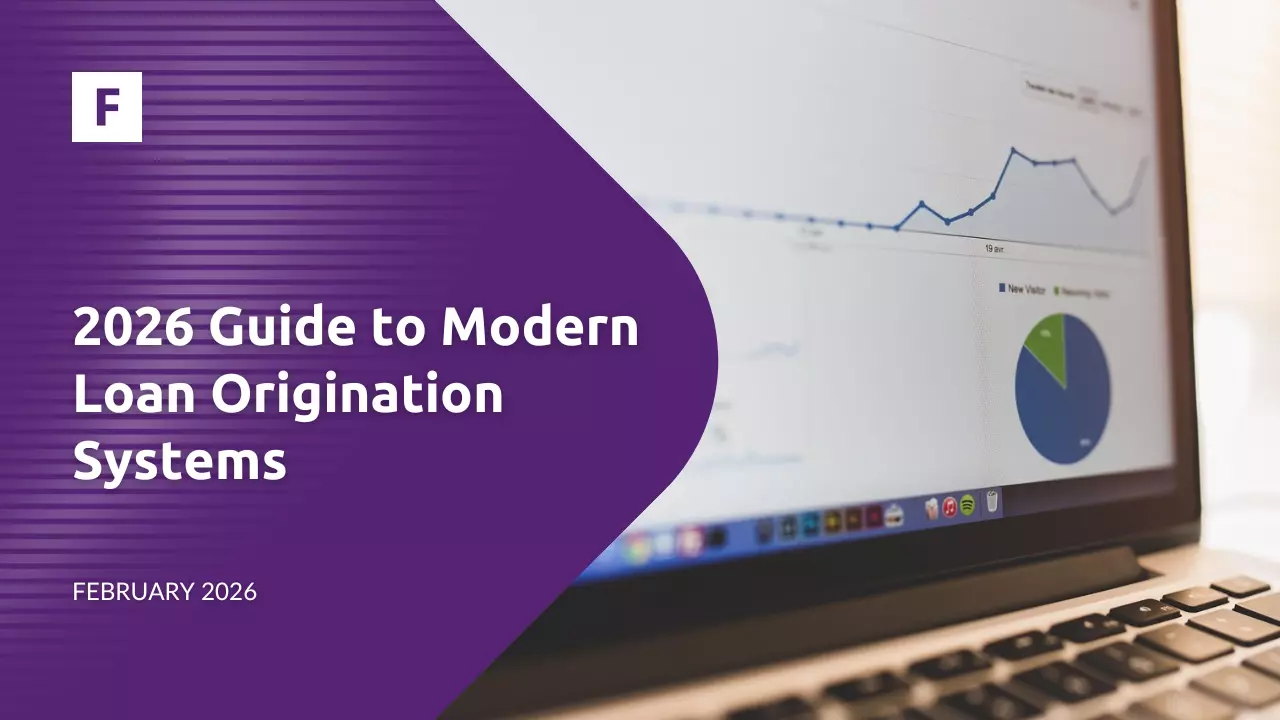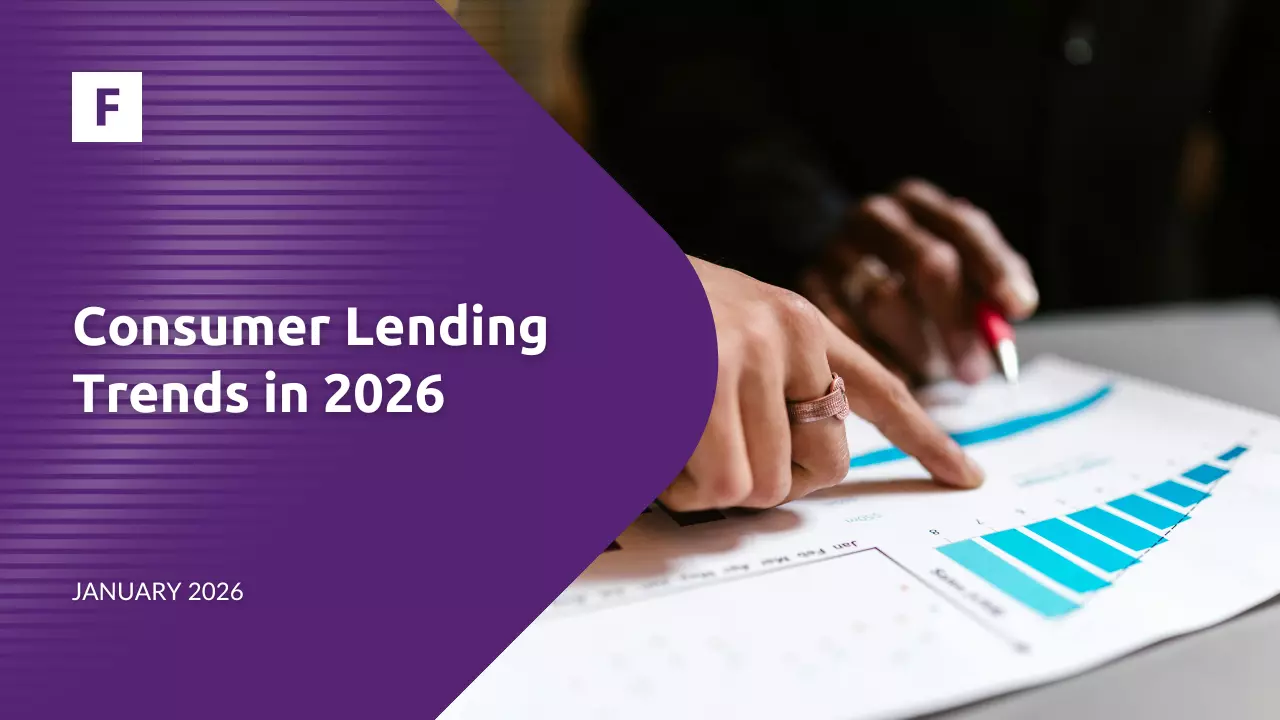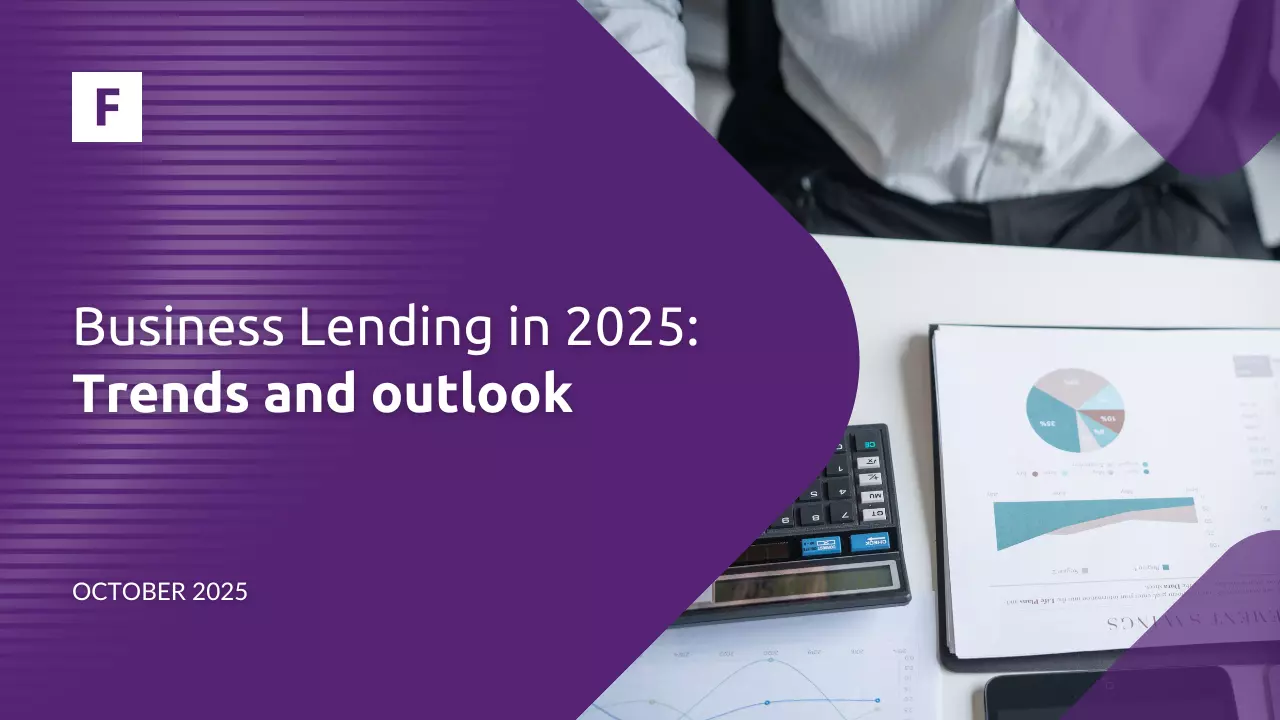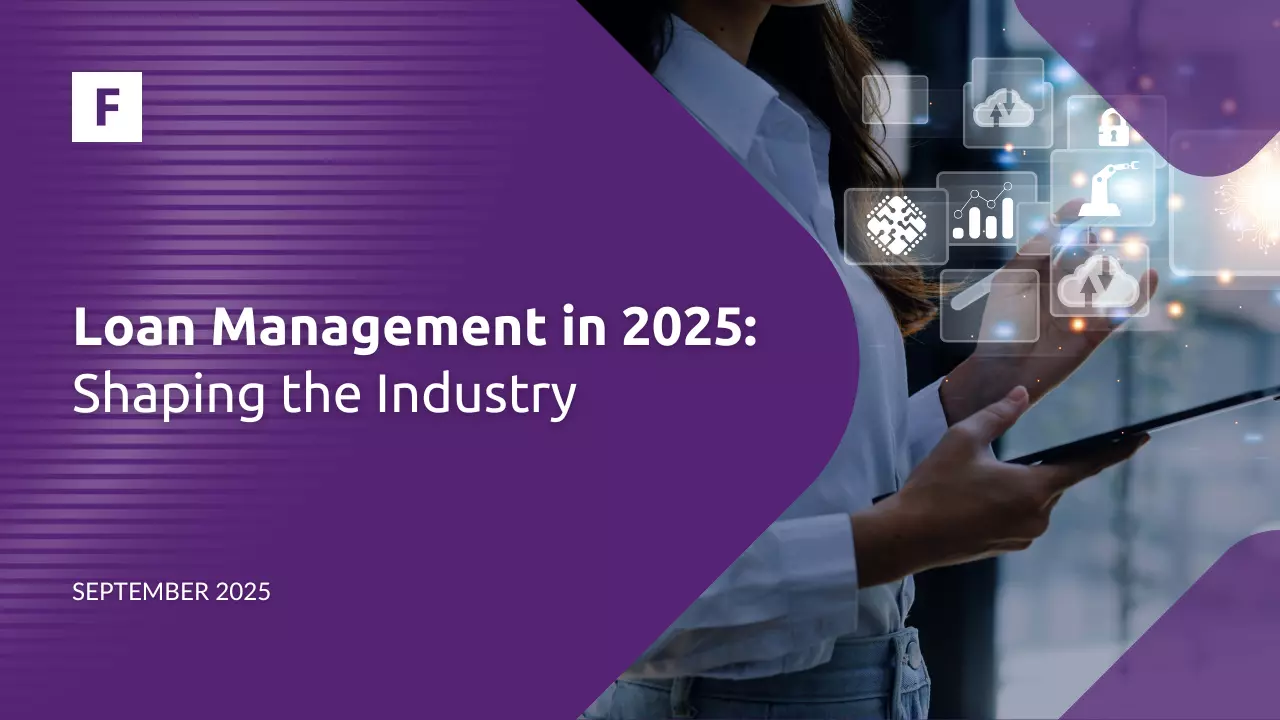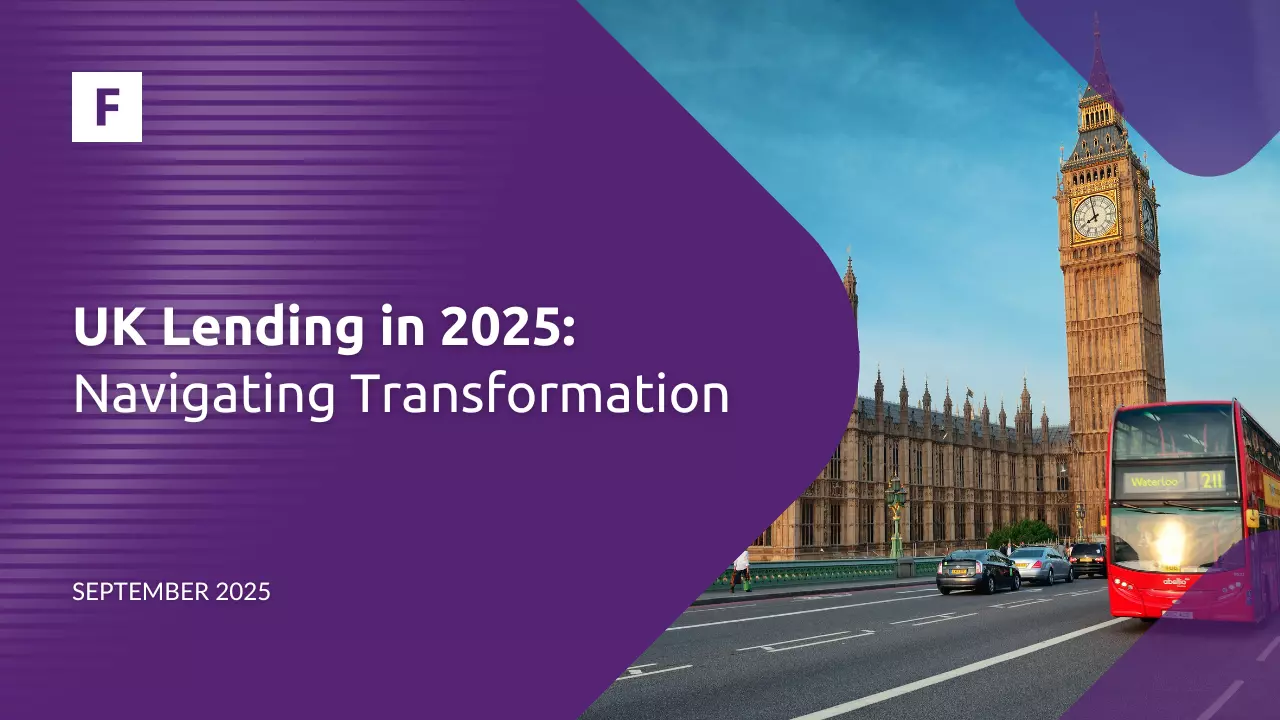Mexico, the birthplace of advanced civilizations such as the Maya and Aztecs, is now home to a booming and enterprising financial sector. Mexico has the second-largest GDP in Latin America and the Caribbean, with only Brazil, the region's most populous and geographically expansive country, having a higher rate, and it's clearly emerging as a key player in the global financial landscape.
These are the main key takeaways from this article:
Fintech expansion in Mexico.
Mobile banking surge.
Investment boom in Mexico.
Credit market growth.
The fintech ecosystem in Mexico has grown exponentially in recent years. According to Mexican Forbes, Mexico is the second largest fintech market in Latin America, with 773 fintech companies registered at the beginning of 2024, representing a 19% annual growth.
The Rise of Mobile Banking in Mexico
The COVID-19 pandemic accelerated the adoption of mobile/contactless payments, presenting opportunities for fintech companies to partner with various industries through embedded finance. With over 85% of Mexicans owning a mobile phone, many rely on them for financial transactions, creating prospects for improved payment processes.
Over 80 million Mexicans use smartphones and have internet access, with 9.1 million being digital natives, ranking Mexico sixth globally in this category. In January 2019, Banxico, SHCP, and CNBV introduced "Cobro Digital" (CoDi), a QR code-based payment system to increase financial inclusion and reduce the cash economy. CoDi requires users to have a smartphone and bank account, while sellers need a static QR code and a smartphone or web page for transactions.
Since the pandemic, electronic bill payments and money transfers have increased by 80%, and new account sign-ups for digital wallets and neobanks have risen by 30% since 2020. Open Banking also presents opportunities, as regulations now require financial institutions to share data via APIs, enhancing Fintech's ability to access client information.
Fintech accounts for over 20% of venture funding in Mexico, with over 200 startups securing over $600 million from investors such as QED and Mauro Capital. Finnovista, a fintech and insurtech accelerator, has intensified its focus on the capital, Mexico City, hosting events like FinTech Mexico City and Scale Fintech boot camps. Some other notable fintech companies in Mexico are Oyster, Bitso, Arcus, and our partner Belvo. Take a look at our associates here.
The most popular fintech categories in Mexico include personal finance management, mobile banking, digital lending and credit, peer-to-peer payment services, automated portfolio managers, financial markets and trading platforms, wealth management, crowdfunding, neobanks, financial services infrastructure, fraud prevention, buy now, pay later, QR payments, account/payroll software, and open banking.
Credit Market of Mexico
In recent years, Mexico's credit market has also grown significantly, largely due to the adoption of innovative financial technologies. Fintech has been pivotal in expanding access to financial services for those historically excluded from the formal economy. Data from Banxico and CNBV shows consumer credit in the Spanish-speaking country grew at a compound annual rate of approximately 7% from 2019 to 2023, driven by increased financial inclusion and automation technologies.
Fintech has democratized access to credit in Mexico, particularly benefiting historically unbanked populations. According to the Mexico Fintech Association, over 60% of fintech companies focus on providing financial services to individuals with little or no credit history. Digitalization has been crucial for the credit market's expansion, allowing users to request and manage credit through digital platforms, eliminating geographical barriers, and reducing operating costs, which is particularly beneficial for rural populations with limited access to traditional banking. In 2023, credit fintechs in Mexico granted over $3 billion in loans, benefiting over 5 million users. The fintech market in Mexico is expected to continue growing at a double-digit rate, solidifying its position as a leader in the Latin American region, according to a study made by Finnovista.
Notable Digital Lenders
Mexico's thriving fintech sector has created new opportunities for SMEs to secure financing for growth. Digital lending platforms have become a quick and efficient alternative to traditional bank loans, often requiring strict eligibility criteria and lengthy approval processes. These platforms leverage lending software to streamline the digital lending process, providing SMEs with faster and more flexible financing services.
Notable digital lending software providers in Mexico include Covalto, Konfío, and Nubank. Established in 2015, Covalto offers a comprehensive solution combining multi-product credit offerings, financial services, and business analytics. Konfío, founded in 2013, uses a proprietary algorithm to assess creditworthiness quickly, providing SMEs with rapid access to credit. Nubank, founded in 2013, employs innovative technologies to deliver simple and convenient financial solutions for individuals and SMEs. Nubank is the largest neobank in Latin America, with a strong presence in Brazil and Colombia.
An Insuretech Hub
According to the Digital Insurance 2024 LATAM Insurance Journey report, Mexico remains a resilient hub for innovation. Mexico's insurtech sector is distinguished by its 26% attraction rate for global investors, making it a key destination for investment. Innovations in distribution models are evident, with companies like Kinsu, MiCompa, and BerrySafe using platforms like WhatsApp and renewal-based strategies to reach customers.
The country is notable for its high out-of-pocket healthcare expenses, with over 60 million Mexicans spending an average of $303.54 quarterly on healthcare, even with insurance coverage. Insurtech in Mexico is emerging as a promising solution, leveraging technology to enhance traditional insurance processes and address local needs in health, employee benefits, and wellness sectors.
Traditional Banking of Mexico
Large commercial banks dominate the financial services sector, providing 56% of the private credit in the industry. The remainder of the market comprises regulated and non-regulated non-bank financial institutions, development banks, and other lenders. The most prominent banks in Mexico include BBVA, Banorte, Citibanamex, Santander, and Banco Inbursa. At the end of 2023, BBVA continued to be Mexico's largest lender, with a 24.21% increase in Tier 1 capital and a 37.42% rise in pre-tax profits from the previous year. Banorte, in second place, reported a 31.35% increase in pre-tax profits and a 15.92% rise in Tier 1 capital.
Some established banks in Mexico are creating independent digital banks or launching digital brands to target demographics typically served by digital players, such as younger individuals, those with lower incomes, or those with limited financial history. Examples include Bineo from Banorte, Hey Banco from Banregio, Open Bank from Santander, and new brands like Now from Banco Invex and Billu from Banca Afirme.
Fintech Market & Círculo de Crédito
Círculo de Crédito offers strategic data, decision, and digital solutions to help companies provide profitable financial services in Mexico. Serving over 3,500 B2B customers and managing over 700 million data points on over 75 million Mexicans, Círculo partners with banks, retailers, Fintechs, prop-tech telcos, government entities, and financial and insurance companies. They assist these partners in making informed decisions and benefiting their customers through comprehensive data, value-added products like scores, and customized solutions. Additionally, Fintech Market provides integration fully compatible with Círculo de Crédito.
The Future of Mexico's Fintech
Since the COVID pandemic, the number of Mexican fintech startups has increased by more than 14 percent, especially in the digital banking and insurtech segments. Insurtech is rapidly growing in Mexico, offering opportunities for U.S. companies in areas like front office, claims servicing, and policy management. Banxico is also developing a Central Bank Digital Currency (CBCD), set to launch by 2025, to increase financial inclusion further and provide an alternative to cash payments.
To make informed decisions, Fintech Market recommends using their credit decision software, featuring optimal risk evaluation and application scoring to enhance the decision-making process. This engine allows the creation of decision-making models using input information and equations, with customizable data fields and integration options for existing systems. The software offers flexibility in configuring data fields, seamless integration with core systems, and streamlined decision scenarios supported by various equations, interactive guides, and testing features. Discover more about the credit decision engine and other products here.
Implementing public policies is crucial for reducing the digital divide and enhancing cybersecurity in Mexico, which ranked third globally in cyberattacks in 2021 with 1.7 million attempts. During the same year, cyber threat intelligence company Mandiant estimated that Mexico accounted for 17% of online advertisements related to ransomware data theft in Latin America, the second-highest percentage in the region. This underscores the need for significant investment in cyber protection to ensure a secure digital transformation for fintech and other companies.
In addition to complying with cybersecurity, it is crucial to ensure operational convenience. To further streamline the loan origination process, Fintech Market offers a system designed to provide financial products to clients who lack access to traditional banking services. The consumer loan management system enables businesses to create alternative financial products tailored to underserved customers, promoting financial inclusion and reducing high-risk profiles. Focusing on managing consumer loan products, the software simplifies the loan origination process, making it more efficient and accessible.
In conclusion, Mexico's fintech ecosystem is thriving, with mobile banking and digital payments multiplying, supported by regulatory initiatives. As Mexico continues its digital transformation, the fintech market is set for sustained growth, supported by enhanced cybersecurity. Fintech Market remains committed to supporting this active landscape with advanced credit decision software and consumer loan management systems, ensuring efficient and inclusive financial services.
About Fintech Market
FTM's cloud-based lending platform provides comprehensive CRM, KYC, and financial risk management solutions for loans, leasing, and investments. It enables lenders to streamline their processes and enhance efficiency across consumer and business lending operations

